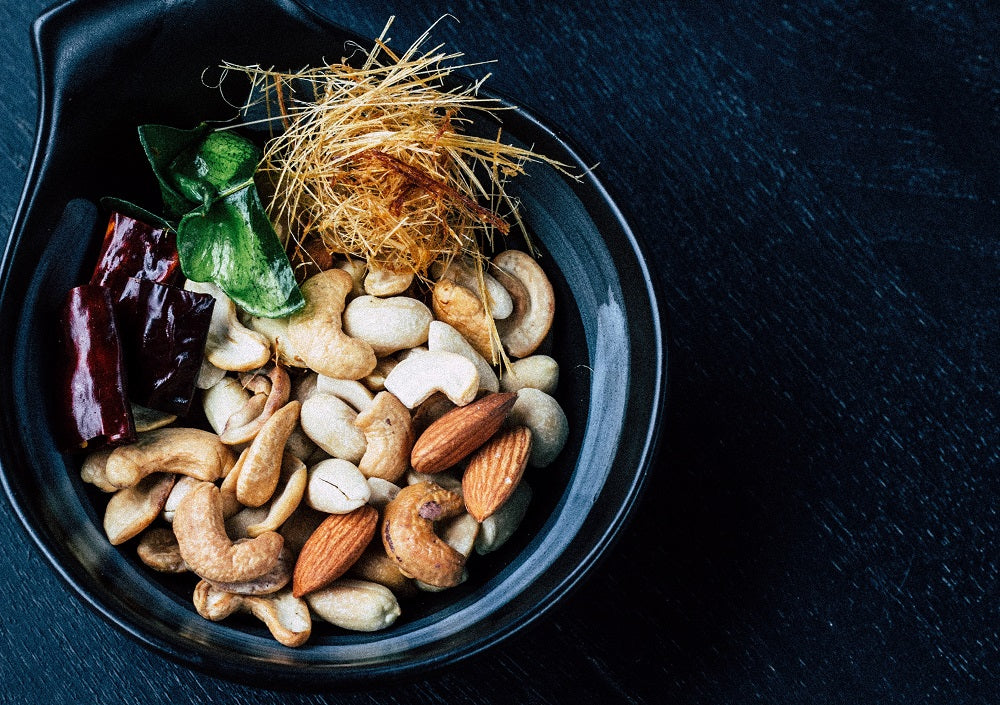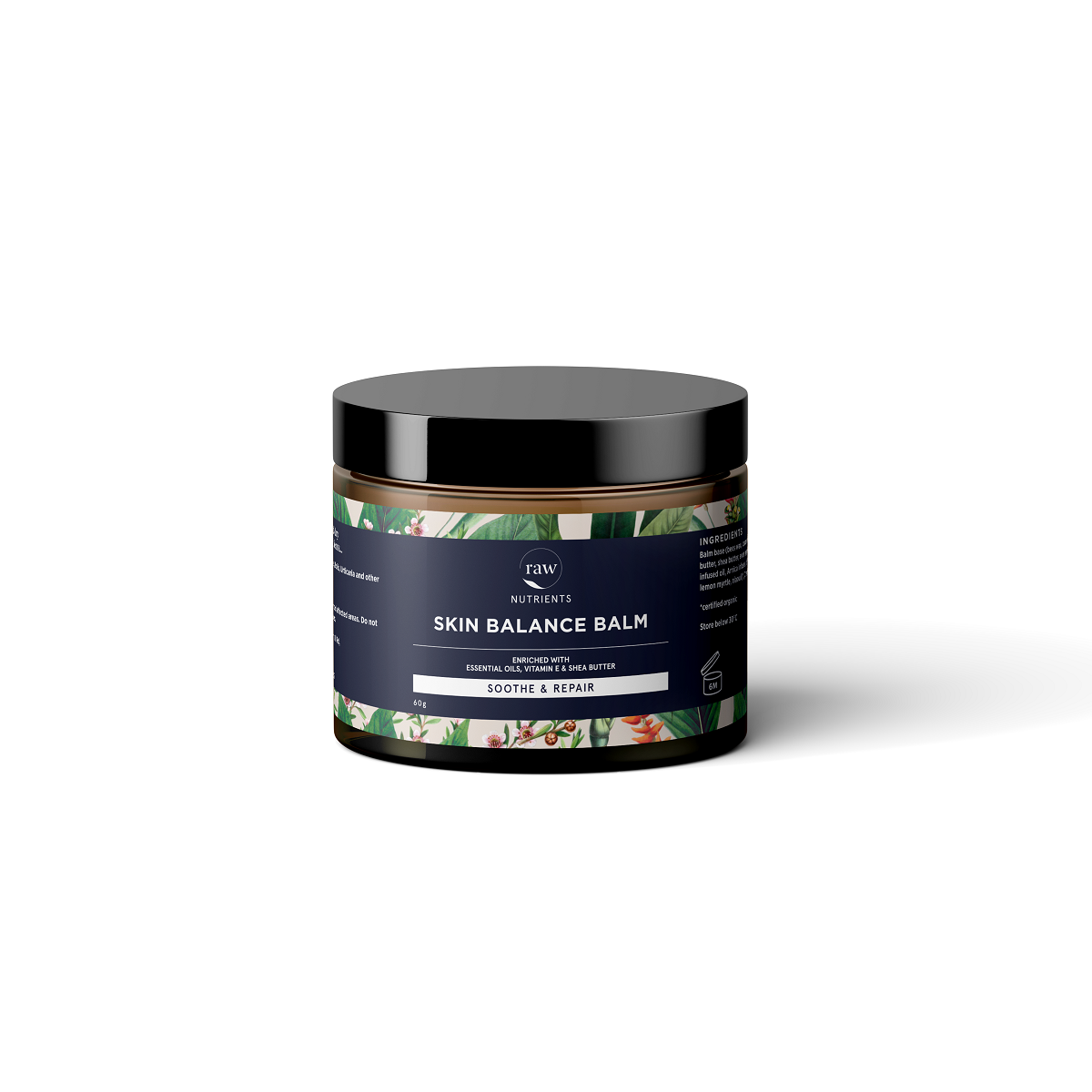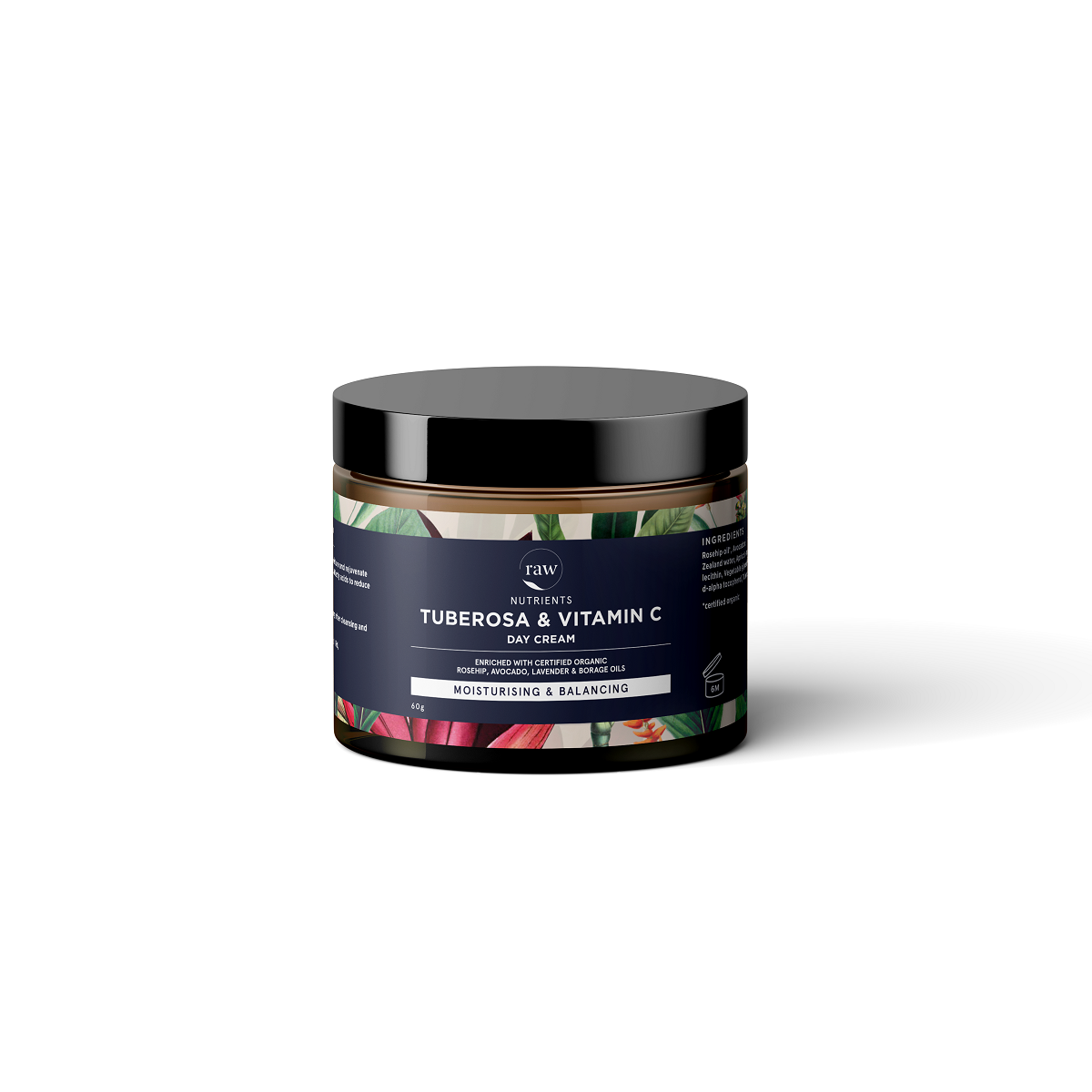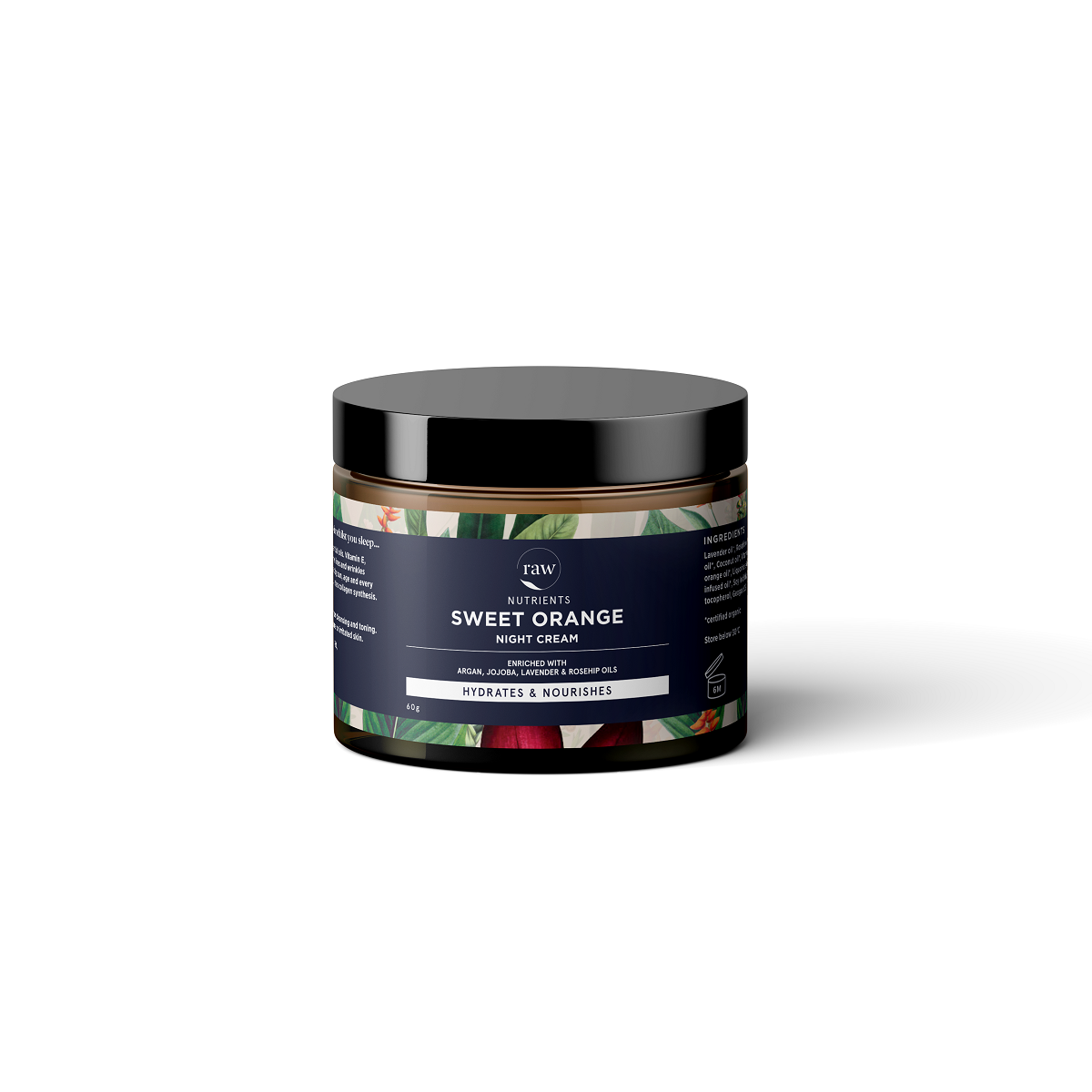-

Think about zinc!
Zinc plays many important roles in your body. This essential dietary mineral is involved in metabolism processes, hel...
-

Magnesium; Are We Consuming Enough?
There is widespread magnesium deficiency, and given the importance of magnesium in the body, it is but essential to r...
-

Probiotics; When & how do they work best?
Your gastrointestinal system comprises different microorganisms. The gut bacteria play a vital role in the health and...
-

Vitamin C; How does it benefit wellness?
Vitamin C has gained popularity as an antioxidant. However, research claims that it can act as both an antioxidant an...

3 Science-Based Steps To Curbing Your Appetite
Appetite control does not happen overnight. However, a caloric deficit for longer periods is tough both physically and mentally. On top of it, you find it tough to battle hunger cravings from the brain and the body. Luckily, there are ways to curb appetite.
Fiber
Peptides and hormones produced in the body suppress hunger. When the stomach expands, it results in appetite suppression. This is due to the activation of mechanoreceptors located in the stomach and intestines that stretch the tissue. That means that expanding the stomach helps suppress appetite.
Foods that result in intestinal bulk can limit the intake of calories while suppressing food cravings. Fiber-rich foods are known to turn gooey and gel-like upon coming in contact with water. These foods expand in the stomach. Cellulose-rich vegetables are also known to result in increased intestinal bulk.
Epidemiologic studies prove that fiber helps reduce body weight. The primary reason is the amount of satiety and feeling of fullness that you experience after consuming fiber. Increasing the dietary consumption of fruits, vegetables, legumes, and whole grains might help stem the epidemic of obesity. The inclusion of functional fiber can help with your weight loss goals.[1]
In fact, some appetite suppressants are not digestible and rather cause intestinal blockage.
How To Control Emotional Eating
The best way to fight emotional eating is to manage stress. A healthy sleep routine with a balanced diet may play a role in stress management. If you find it tough to alleviate stress despite lifestyle changes and your emotional eating episodes continue, it might help to supplement your diet with an adaptogen.
The herbal supplements are responsible for triggering a mild stress response, which is believed to desensitize the body to real stress.
Some of the most common adaptogen supplements include ashwagandha, Rhodiola rosea, and Panax ginseng.
When you supplement your diet with an adaptogen, it will not directly control hunger. However, it can reduce cravings associated with high stress levels.[2]
Other Supplemental Options
Adrenaline is known as epinephrine that belongs to the category of catecholamines. Adrenal gland releases the flight or fight Catecholamines hormones into the blood in response to stress. Adrenaline reduces appetite. The stimulation of the body redirects the blood away from the digestive tract in response to the flight or fight. Supplements work the same way as stimulants, increasing adrenaline. A low stimulant dose can help curb appetite, but too much of it can cause nausea and other side effects.
Moderation is the key when it comes to deriving benefits from appetite control supplements.
Synephrine and yohimbine are other supplements that can curb hunger cravings. However, they should not become a part of your daily dietary regimen. The prolific use of stimulants for reducing appetite at night may have an adverse effect on sleep. Some might cause sleep disruption. In small clinical trials, yohimbine therapy was not associated with serum enzyme elevations. It is often found in weight loss and muscle building supplements and has not been linked to acute liver injury.[3]
Besides, there are other appetite suppressant supplements with preliminary evidence that assocites them with hunger control. Ginger is one such supplement that controls hunger cravings. Besides, 5-HTP and Caralluma fimbriata are other hunger suppressants that require a regular dosage for up to a month in order to produce effective results for appetite suppression.
5-HTP plays an indirect role in hunger control. In that, it increases brain serotonin levels that produce satiety and happiness, creating a feeling of fullness. As a result, it helps with appetite suppression.
Research finds that oral 5-HTP ingestion helped with plasma 5-HTP increase by almost 1.5- to 2.3-fold, confirming the fact that it may be useful in controlling the intake of too much food due to stress.[4]
Other Appetite Supplements
Garcinia cambogia supplements have become widely popular as appetite suppressants. Animal studies show promising evidence of their effects on hunger. They are made from the extract of the Garcinia gummi-gutta fruit, which is linked to appetite suppression and weight loss.
Hydroxycitric acid in garcinia cambogia extract increases serotonin levels in the brain, which affects the way carbohydrates are metabolized in the body. One study demonstrated that garcinia cambogia creates a feeling of fullness, reducing appetite and reducing hunger cravings. Though considered safe, garcinia cambogia may cause nausea, diarrhea, headaches, irritability in some people. In extreme cases, it is even linked to liver failure.
True, there are no shortcuts to health nor does weight loss occur easily. There are tons of appetite suppressant products in the market. You have got to choose each hunger control products wisely and follow an active lifestyle to suppress appetite and lose weight without risking health.
References
[1] Slavin JL. Dietary fiber and body weight. Nutrition. 2005;21(3):411-418. doi:10.1016/j.nut.2004.08.018
[2] Kristensen M, Jensen MG. Dietary fibres in the regulation of appetite and food intake. Importance of viscosity. Appetite. 2011;56(1):65-70. doi:10.1016/j.appet.2010.11.147
[3] LiverTox: Clinical and Research Information on Drug-Induced Liver Injury [Internet]. Bethesda (MD): National Institute of Diabetes and Digestive and Kidney Diseases; 2012-. Yohimbine. [Updated 2020 Apr 5]. Available from: https://www.ncbi.nlm.nih.gov/books/NBK548703/
[4] Amer, A., Breu, J., McDermott, J., Wurtman, R. J., & Maher, T. J. (2004). 5-Hydroxy-L-tryptophan suppresses food intake in food-deprived and stressed rats. Pharmacology, biochemistry, and behavior, 77(1), 137–143. https://doi.org/10.1016/j.pbb.2003.10.011
You might be interested in...
Raw Resources
Read About the Science Behind the Supplements







